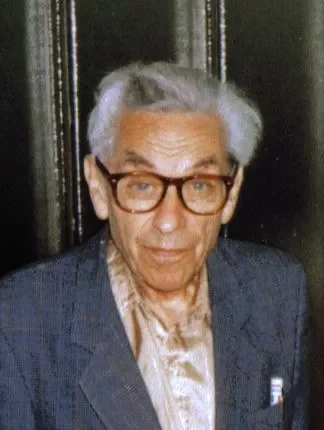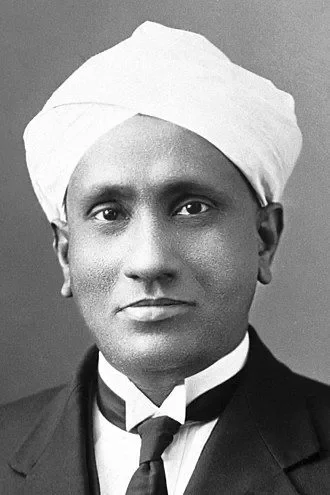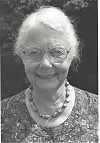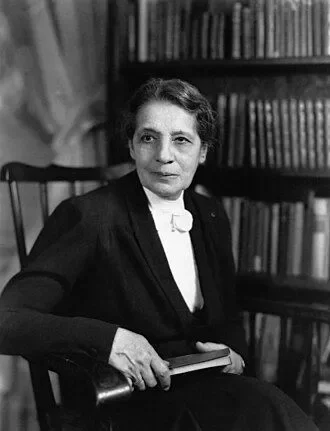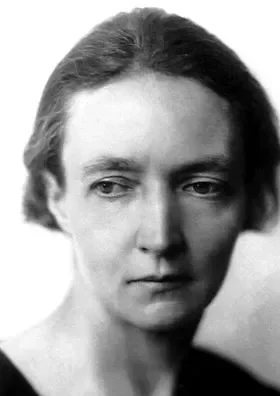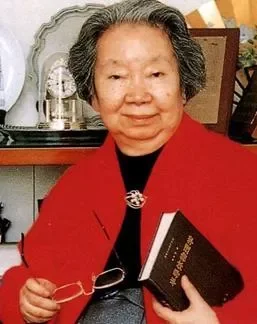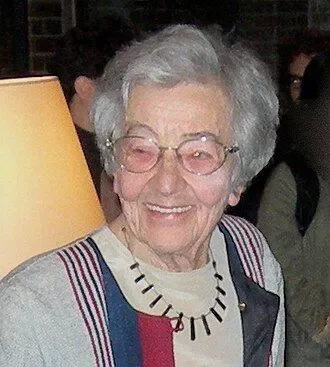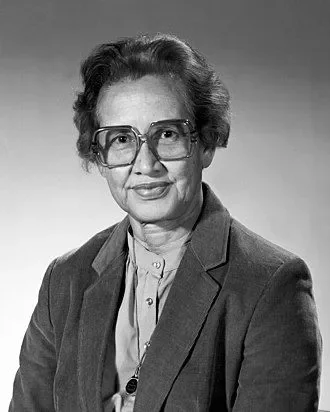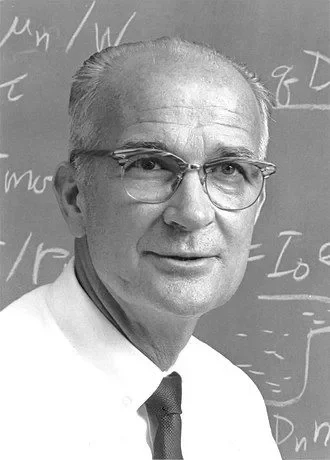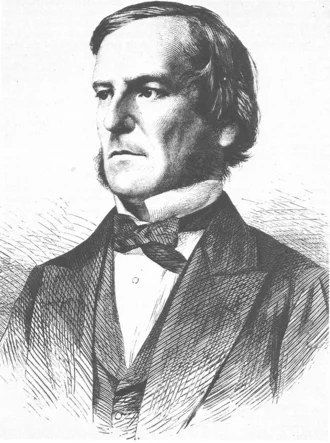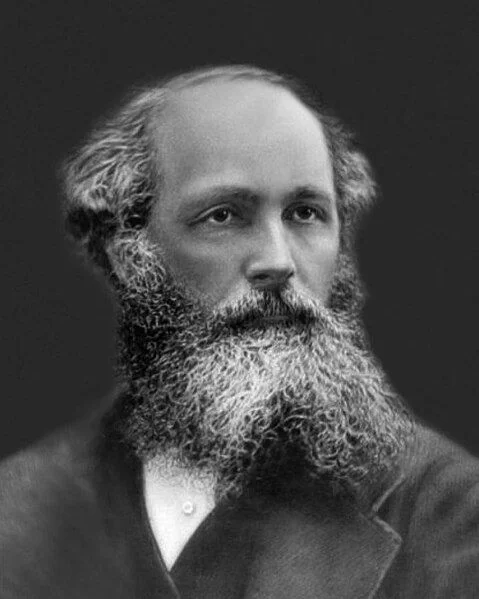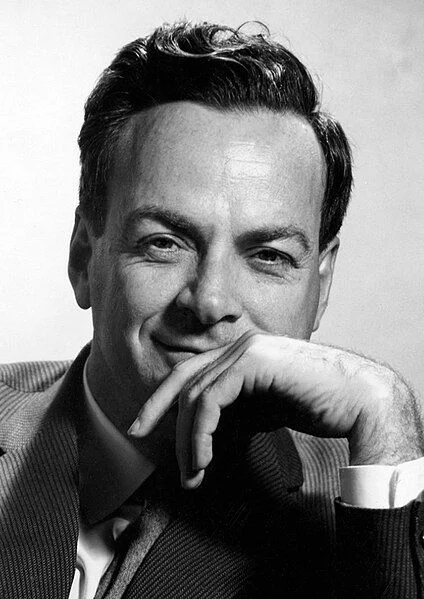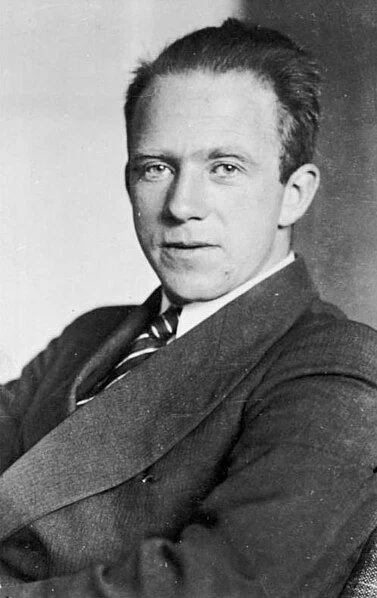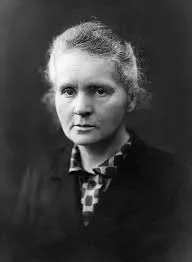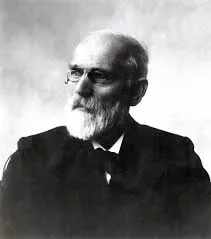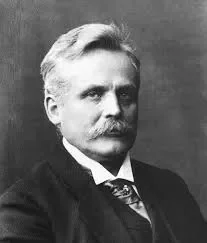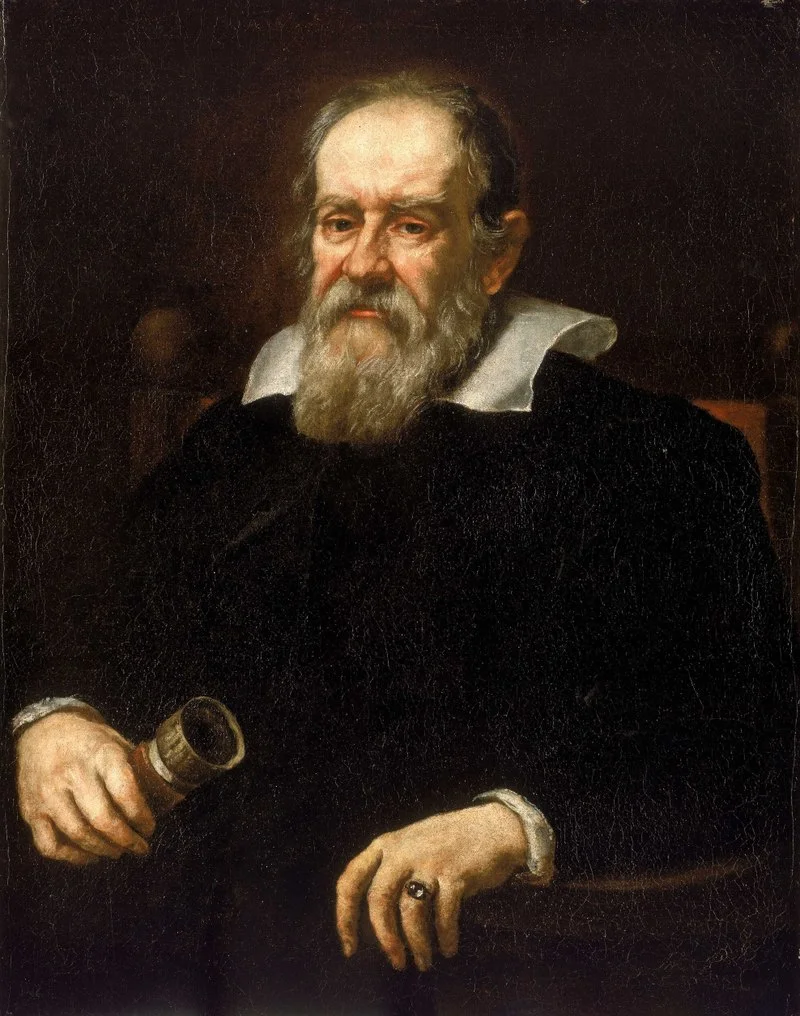Real Celebrities Never Die!
OR
Search For Past Celebrities Whose Birthday You Share
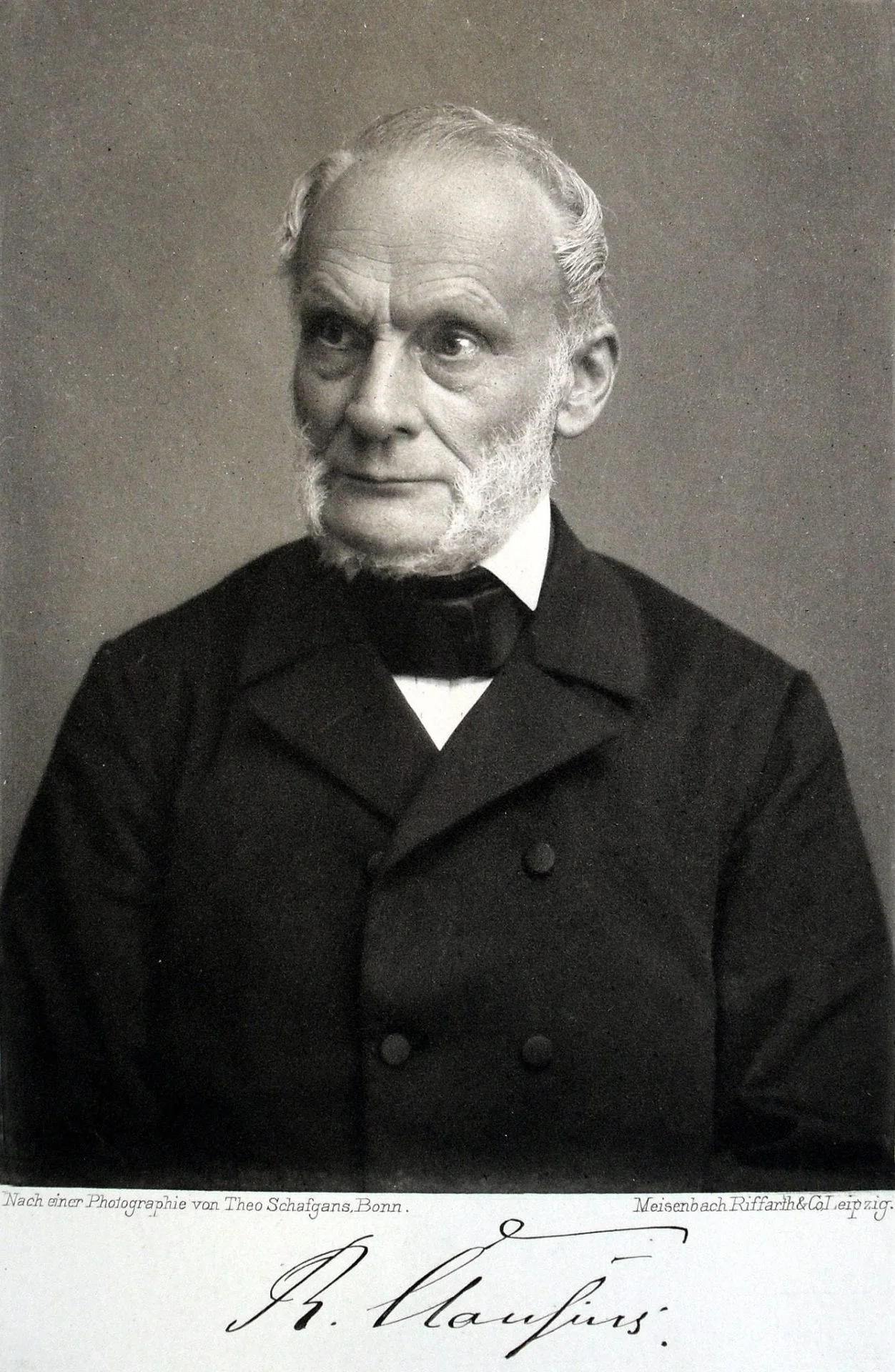
source:wikipedia.org
Rudolf Clausius
Birthday:
02 Jan, 1822
Date of Death:
24 Aug, 1888
Cause of death:
Natural causes
Nationality:
Germen
Famous As:
Mathematician
Age at the time of death:
66
Rudolf Clausius's Quote's
Rudolf Clausius Early Life and Education
Rudolf Clausius, who was born on January 2, 1822, in Köslin, Pomerania, Prussia (now Koszalin, Poland), made significant contributions that altered our understanding of heat and energy. The family he grew up in valued education. Gottlieb Clausius, his father, was a school inspector and a pastor. Due to this upbringing, young Rudolf received a top-notch education. At first, he went to the Gymnasium in Stettin. After that, he moved on to study at the University of Berlin. While there, he was influenced by famous scientists like Heinrich Wilhelm Dove and Johann Christian Poggendorff.
Academic Career and Early Contributions
After finishing his studies, Clausius earned his doctorate in 1847 with a dissertation about optical effects in Earth’s atmosphere. Following that success, he enrolled in the Berlin-based Royal Artillery and Engineering School to pursue his academic career. Later, in 1855, he was appointed professor at Zurich’s Swiss Federal Polytechnic. He immersed himself deeply in thermodynamics during this time. His impactful work started with his 1850 paper, “On the Motive Power of Heat.” In this paper, he took Sadi Carnot’s ideas and explained both the first and second laws of thermodynamics. Rudolf Clausius claimed that heat can’t flow from a cooler object to a hotter one—a key point for grasping irreversible natural processes.
Introduction of Entropy
In 1865, Clausius introduced the concept of entropy—the measure of disorder or randomness inside a system. Additionally, Rudolf Clausius explained the second law of thermodynamics, which states that the universe’s entropy is always on the rise over time. This idea shows why some processes (like mixing gases or cooling down hot items) can’t be easily reversed. His introduction of entropy was game-changing; it shifted how we view energy and heat completely.
Contributions to Kinetic Theory
Clausius also made significant contributions to kinetic theory, which examines how gas molecules act by moving and colliding with each other. Clausius was instrumental in bridging the gap between macroscopic thermodynamic properties, like temperature and pressure, and the microscopic behavior of gas molecules. He introduced the concept of the mean free path. Mean free path is the average distance a molecule travels before colliding with another molecule. His insights helped link large-scale thermodynamic properties with microscopic molecular behaviors.
Later Career
Throughout his life, Rudolf Clausius held various teaching positions at institutions like the University of Würzburg and the University of Bonn. He demonstrated great dedication to teaching and mentoring students and researchers—many of whom went on to become well-known scientists and engineers themselves. Even with personal struggles later on, including health problems, Clausius continued to push forward in scientific exploration and kept publishing important works until he passed away on August 24, 1888, in Bonn, Germany.
Lasting Legacy
Clausius’s legacy is profound and lives on through the core principles of thermodynamics, which remain central to modern physics and engineering today. Ideas like entropy and the second law are vital across many fields, from physical chemistry to cosmology. Rudolf Clausius’s contributions have truly shaped statistical mechanics and broadened our current understanding of energy and heat—making him one of science’s most influential figures throughout history.
Name:
Rudolf Clausius
Popular Name:
Rudolf Clausius
Gender:
Male
Cause of Death:
Natural causes
Spouse:
Place of Birth:
Köslin, Pomerania, Prussia
Place of Death:
Bonn, Germany
Occupation / Profession:
Personality Type
Innovator: Rigorous and analytical thinker, dedicated to advancing scientific knowledge and understanding the fundamental laws of nature.
Clausius coined the term "mean free path," which describes the average distance a molecule travels before colliding with another molecule in kinetic theory.
Despite facing personal health struggles later in life, Clausius continued his scientific work and made significant contributions until his death in 1888.
He was the first to clearly state the second law of thermodynamics, which asserts that the entropy of the universe tends to increase over time.
Rudolf Clausius introduced the concept of entropy in 1865, fundamentally altering our understanding of energy and thermodynamic processes.
Developed the second law of thermodynamics
Established the kinetic theory of gases
Presented the idea of entropy

